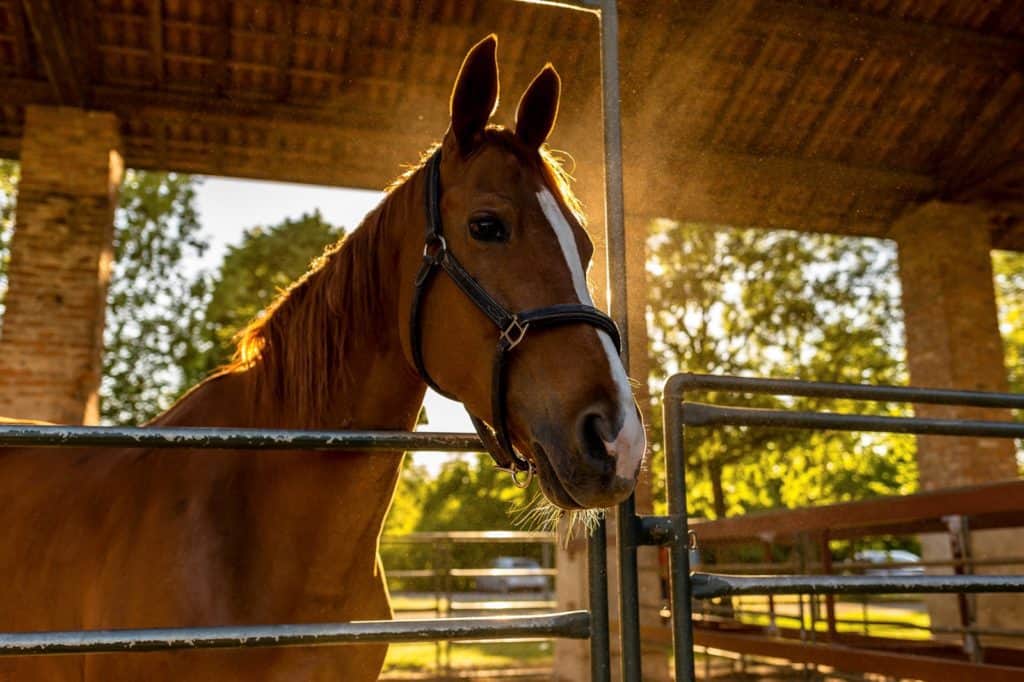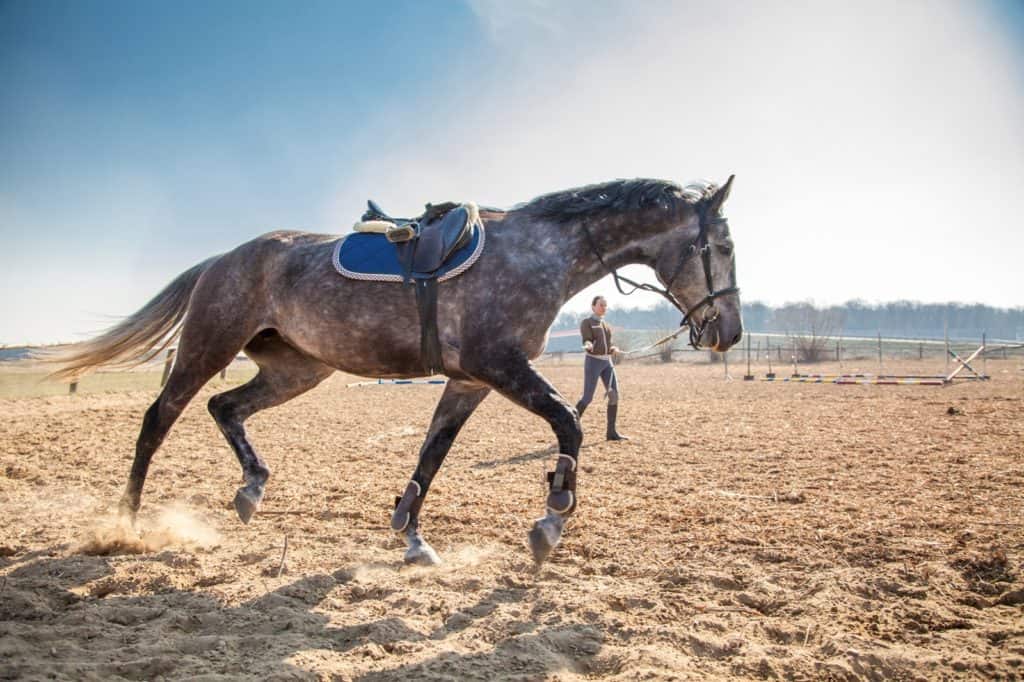
Horses’ Physiologic Responses to Exercise
Physiologic and anatomic systems coordinate to allow a horse to reach his maximum athletic potential.

Physiologic and anatomic systems coordinate to allow a horse to reach his maximum athletic potential.

Of the 220 respondents, 150 (68%) said they do have horse-related resolutions for 2017.

View information on skin conditions, deworming, staying sane on stall rest, feeding, conditioning, and more.

Tweets and take-homes from sessions on lameness, rehabilitation, equine back issues, and more!

Learn how recreational riders can condition and protect their equine weekend warriors.

Rib fractures can cause problems even when there’s no history of trauma or obvious signs indicative of a fracture.

While we can’t cure heaves, or equine asthma, we can help manage their signs of disease. Here’s how.

Do you have a mature or senior horse? Find out how to keep him comfortable and competitive as he ages!

Researchers found that jumping at shows two weekends in a row did not allow horses adequate muscle recovery.

Using sensible strategies, we can help keep equine joints healthy and capable of withstanding athletic demands.

I’m worried about putting too much stress on my 3-year-old’s body. When is it safe to ride her on a regular basis?

Performance horses have special nutritional needs. Here are some tips on how to get the most out of your athlete’s diet.

Horses with significant cardiac arrhythmias or ones found during multiple sessions might be less likely to race.

Learn what a buyer and veterinarian need to be aware of when conducting an equine prepurchase examination.

Researchers learned that dressage horses have the greatest risk of locomotor problems, among other findings.
Researchers will again be studying horses’ hydration status and how it relates to ride completion or noncompletion.
Stay on top of the most recent Horse Health news with
"*" indicates required fields